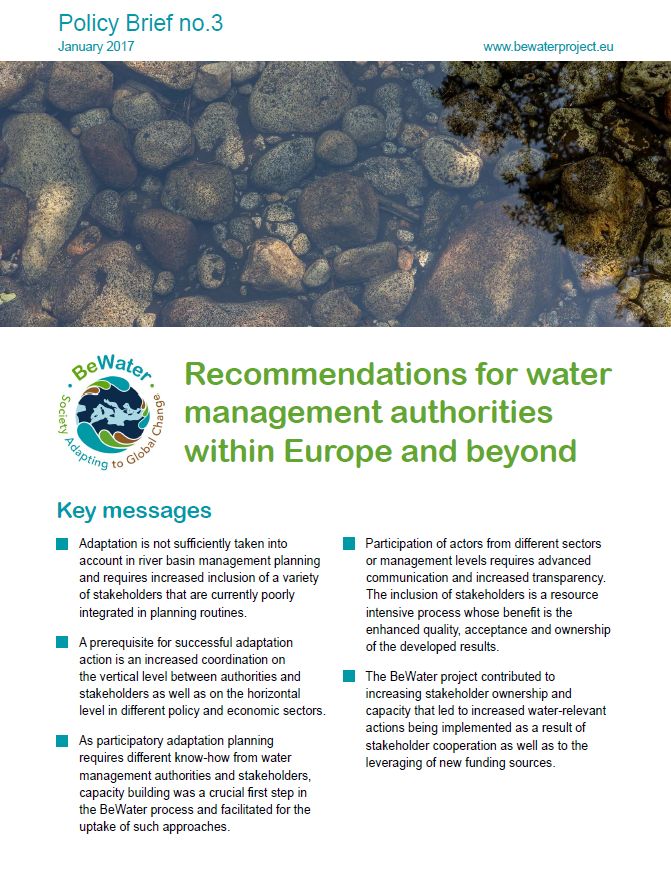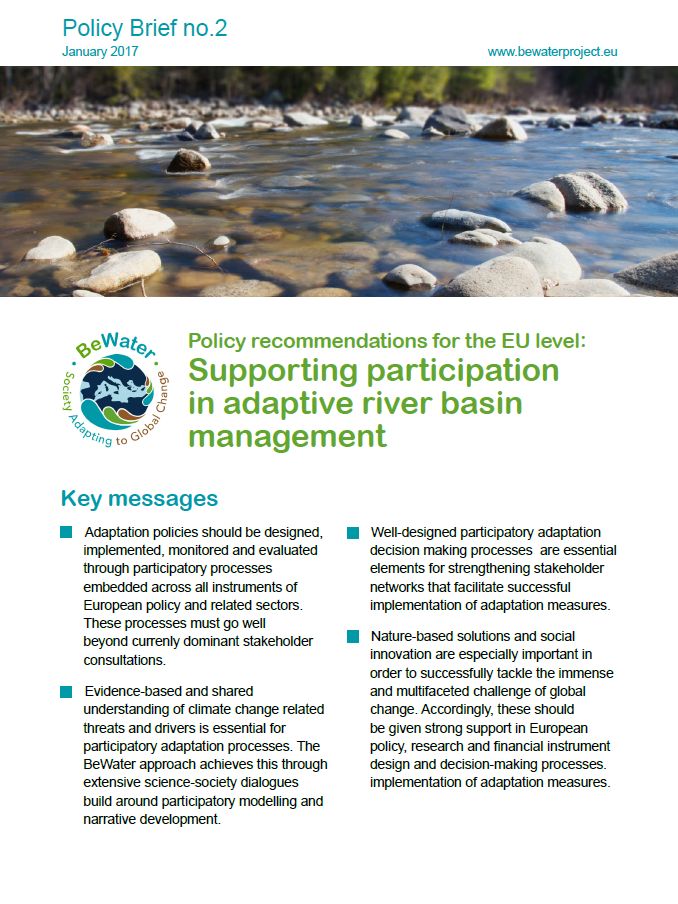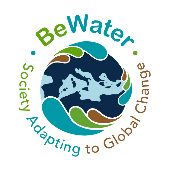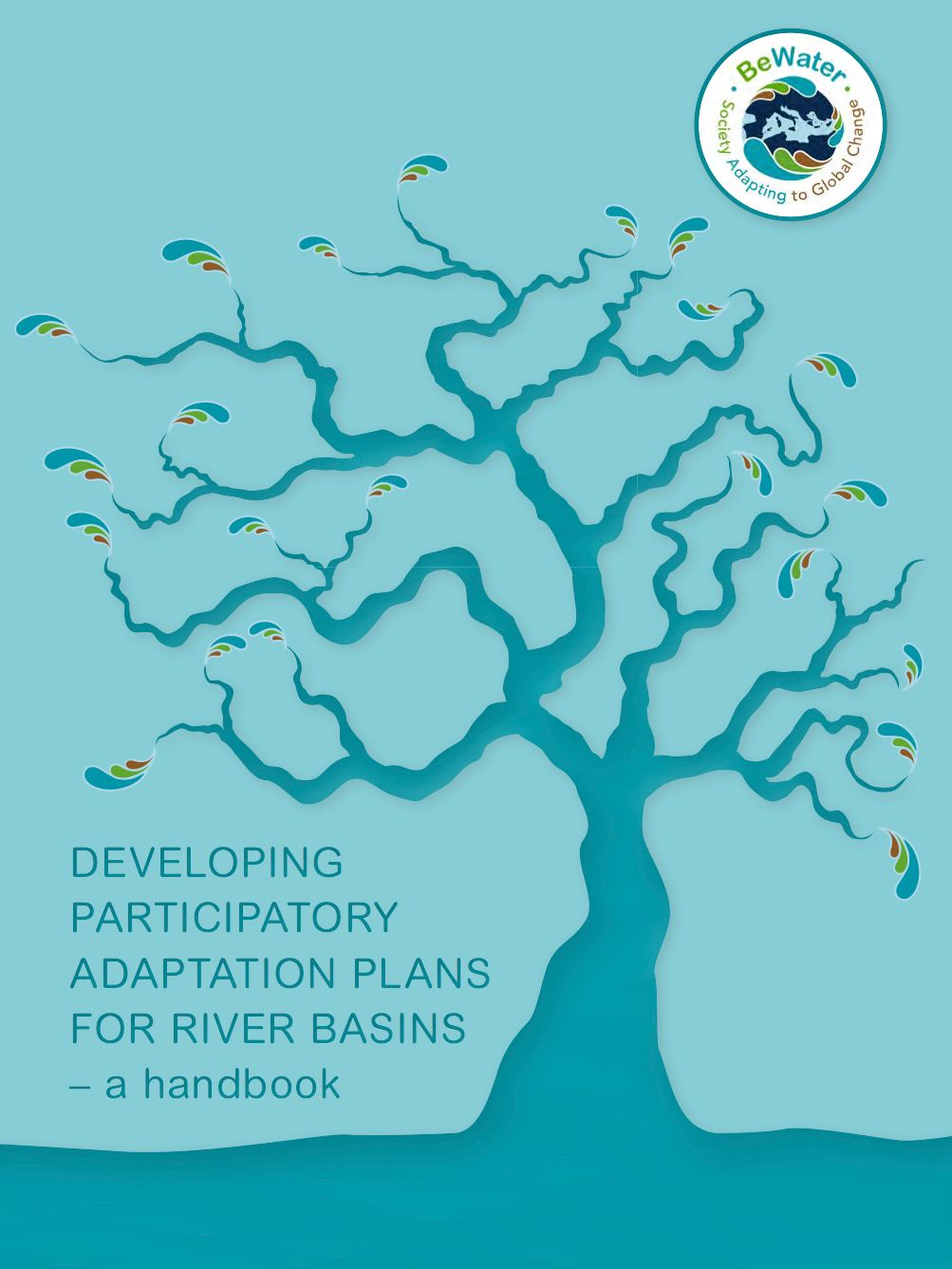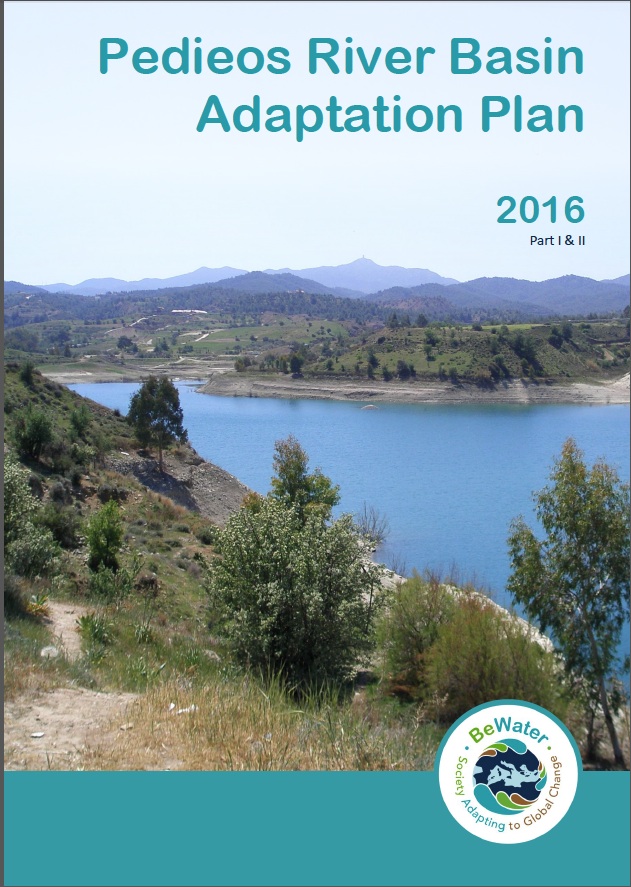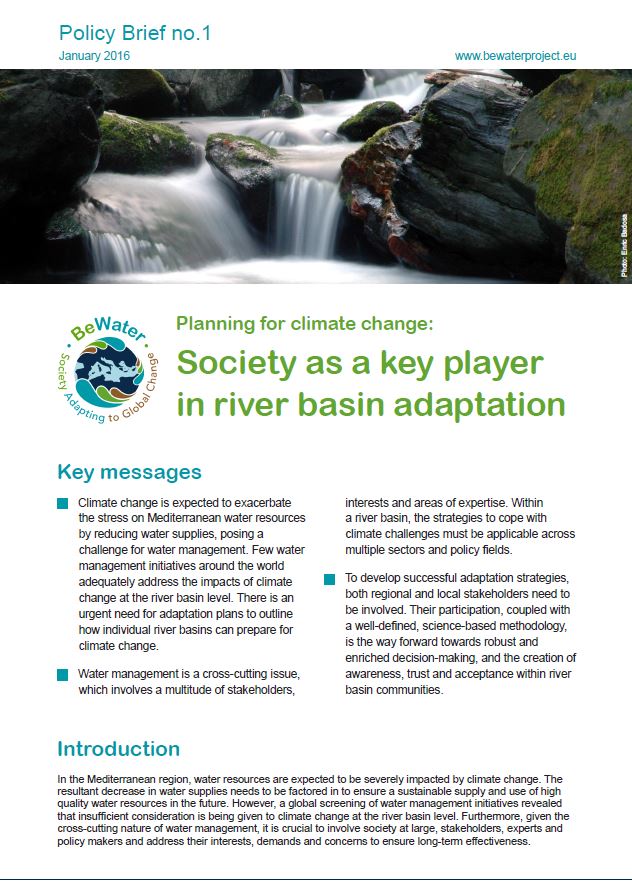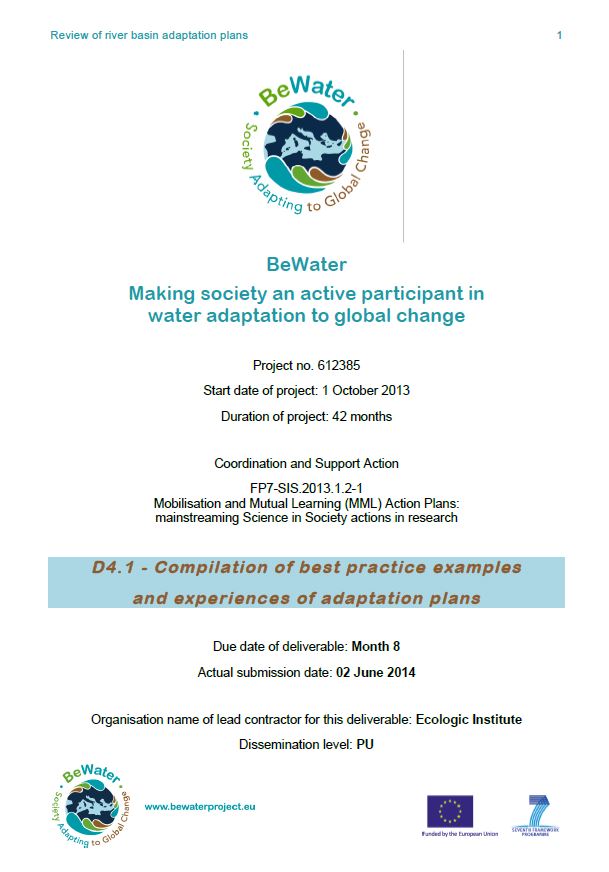Making Society an Active Participant in Water Adaptation to Global Change (BeWater)
- Project
- Research Program
- Duration
-
-
Sustainable water management under climate change is an urgent challenge for the Euro-Mediterranean region. The BeWater FP7 project supports a transition to stakeholder-driven river basin water management planning in this region by working together with local partners and stakeholders. A highly participatory approach is utilized to develop river basin adaptation plans in four case study regions, which can then serve to guide the development of additional plans throughout the Mediterranean.
Background
Future climate change projections estimate an increase in water scarcity and droughts in the Mediterranean region. In this context, efforts are needed to strengthen public participation and embed a sense of responsibility within society concerning water management and adaptation towards these threats. The combination of improved awareness, mutual learning processes and shared responsibility of the civil society and stakeholders is key to ensuring successful adaptation strategies and their implementation, leading to increased resilience of the social-ecological system of a river basin.
Objectives
BeWater addresses the above challenges by promoting dialogue and collaboration between science and society around sustainable water management in the Mediterranean region. The project ultimately strives to achieve adaptive water management by formulating and evaluating management options, identifying problems and needs at the local level and ultimately developing river basin adaptation plans in close cooperation with local partners and stakeholders.
More specifically, the project aims to:
- launch an innovative process of societal transition towards more sustainable, resilient and adaptive river basin management;
- develop an innovative, stakeholder-driven method;
- promote the transfer of BeWater results into policy;
- promote mutual and multi-directional learning;
- raise awareness and promote a bottom-up approach within the scientific community for planning and implementation processes;
- enhance social participation and build societal resilience.
- explore and assess opportunities for research & innovation collaboration to boost innovation in the water sector.
Case Studies
BeWater pursues a process of building resilience by engaging a wide group of stakeholders, with the goal of achieving a sustainable and adaptive management at river basin scale. For this reason, four Mediterranean case study river basins have been selected: the Tordera (Spain), the Vipava (Slovenia), the Pedieos (Cyprus) and the Rmel (Tunisia). Their water management issues are all related to the pressures created by different user groups. Their flow regime differs in terms of regulation or seasonal fluctuations of the flow regime. Therefore, they exemplarily portray the variety of the Euro-Mediterranean flowing waters.
Ecologic Institute in BeWater
Within BeWater, Ecologic Institute leads the development of the four river basin adaptation plans in the case study regions and is involved in the formulation and evaluation of options for water management, including identifying problems and needs at the local level. This work is highly participative in nature and involves close cooperation with the case study partners, key stakeholders and general public. The lessons learnt from this task will be portrayed in a handbook for designing participatory adaptation plans and will be communicated as recommendations on adaptation plans to political makers at the local and international scales.



